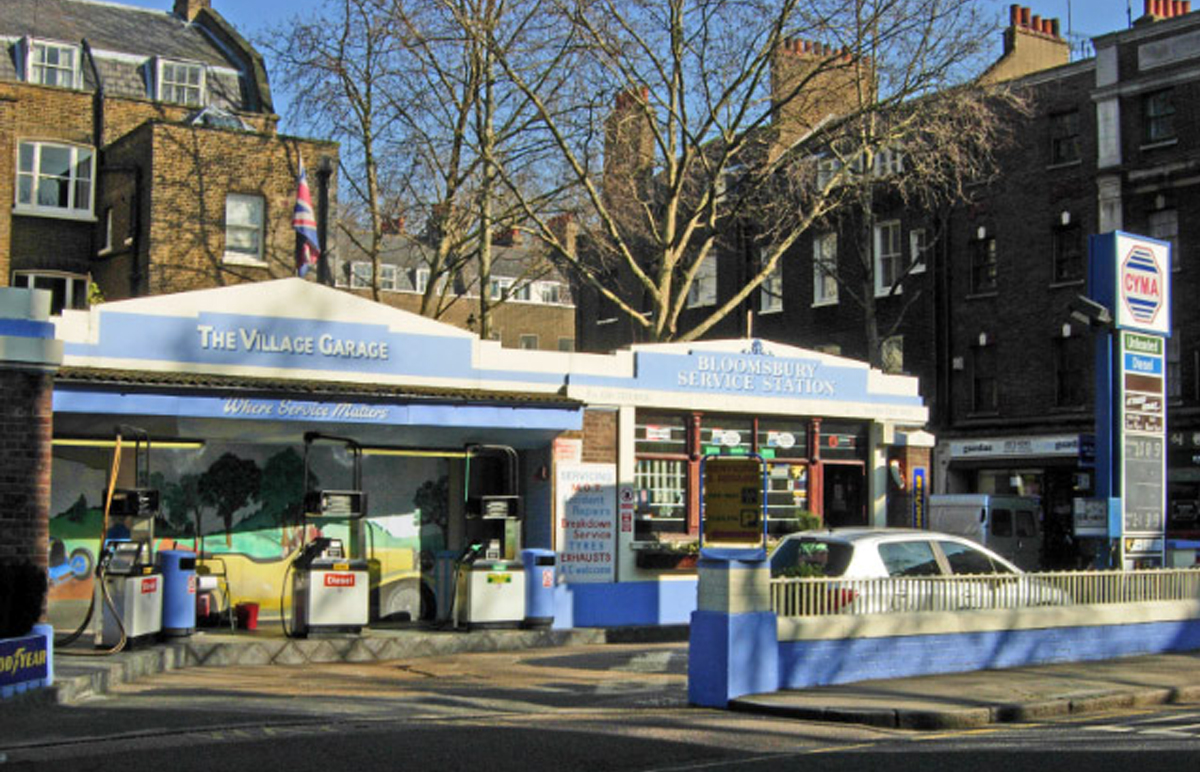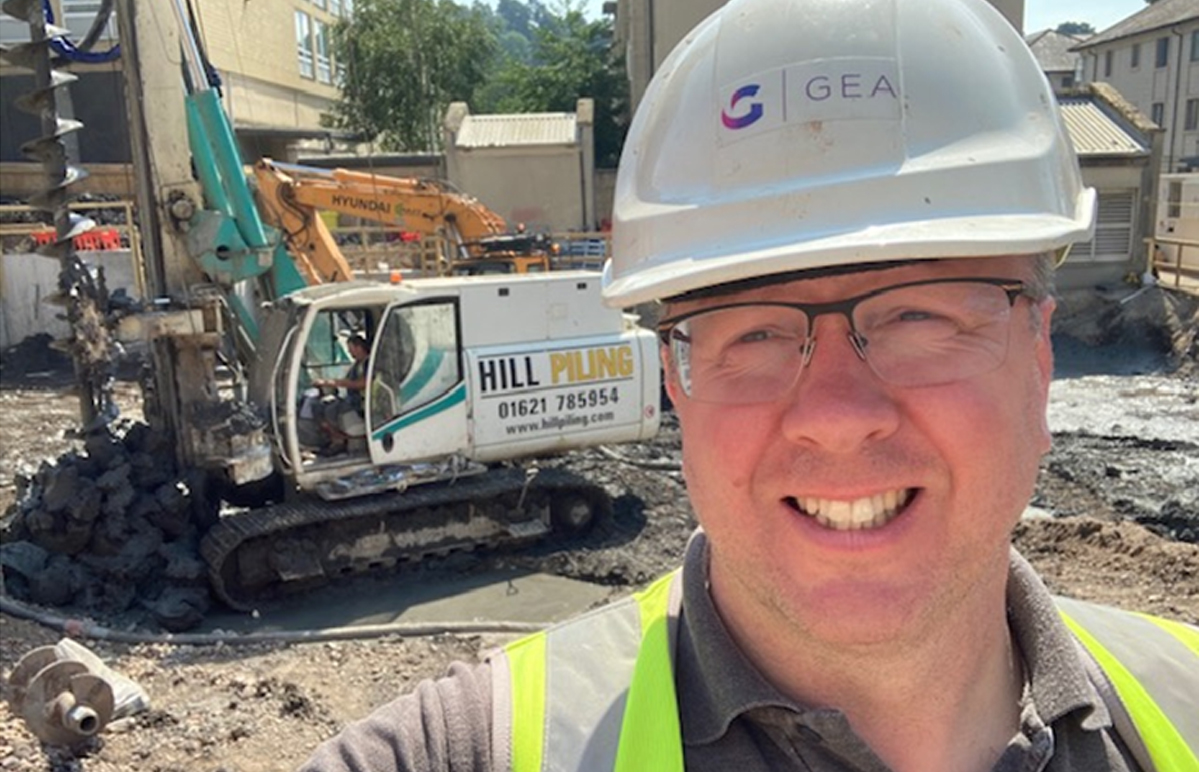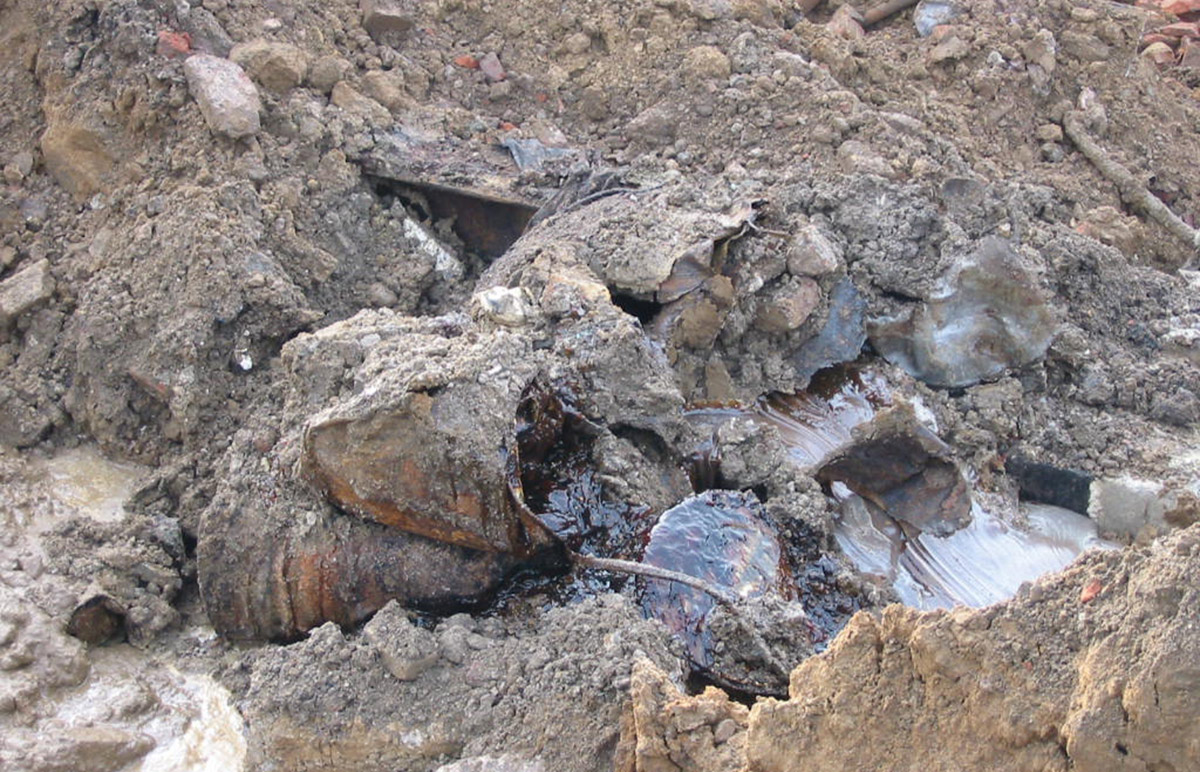
We worked with Mason Navarro Pledge and client The Bedford Estates to redevelop a site in Bloomsbury at the corner of Ridgmount Street and Store Street.

Our first complex London ground investigation, Drapers' Gardens was a great project for us in our first year of trading, and it was a pleasure to be working with Tony Taylor at Foggo Associates. Hugh St John at GCG was also involved and we worked alongside Museum of London Archaeology and GBG on parts of the investigation – an excellent team to be involved with.

The senior engineers at GEA all have many years of varied experience in ground engineering. That experience can affect outcomes in ways that are obvious, but also in other ways that might be less apparent.

In 2019, the Association of Geotechnical & Geoenvironmental Specialists (AGS) published formal guidance on the classification of waste soils as either hazardous or non-hazardous. The aim of this was to provide simple and clear advice on best practice - at least when it comes to more straightforward sites - in an area that has often involved confusion.